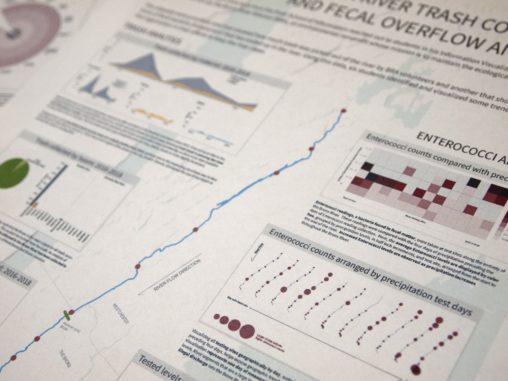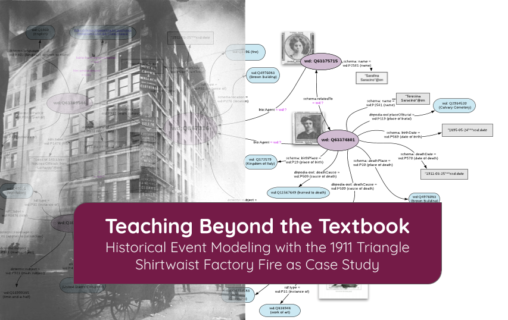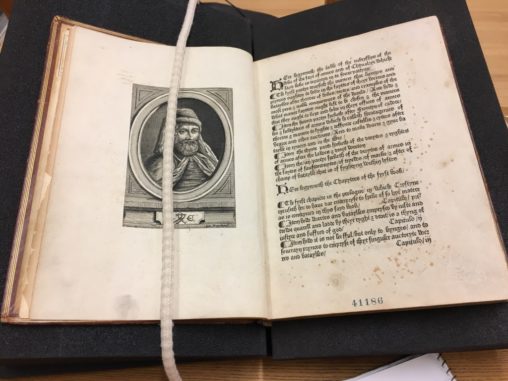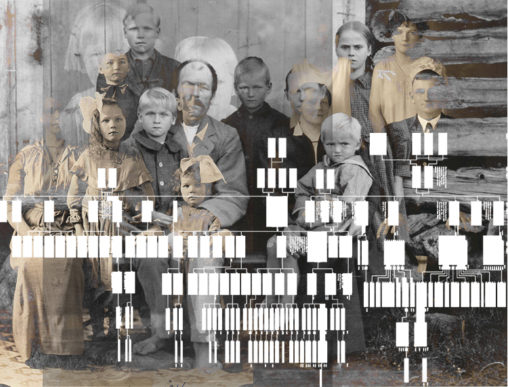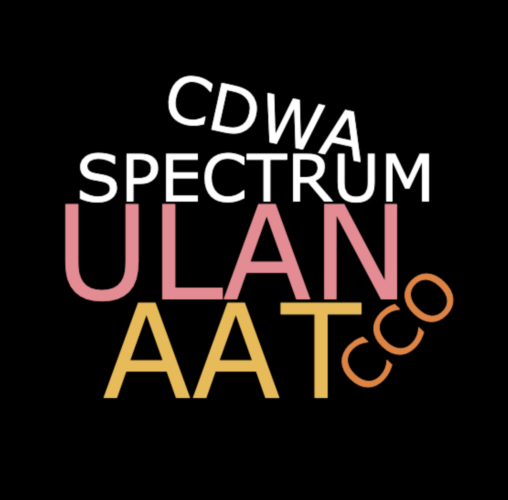Category: 2019Page 2 of 3
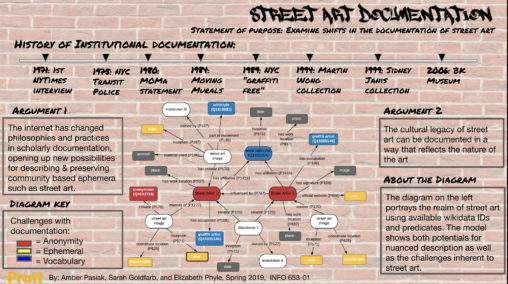
By nature street art resists documentation. It is always ephemeral and often illicit and anonymous. Nevertheless street art is a highly skilled form of expression that reflects its place of creation. This projects summarizes the challenges to scholarly documentation of street art, as well potential solutions.
This project examines the emotional climate and self-perceived job-readiness of students enrolled in Pratt SI Information Experience Design courses. Through mixed-method research and analysis, an initial workshop model to improve student experience based on these findings is proposed for testing.
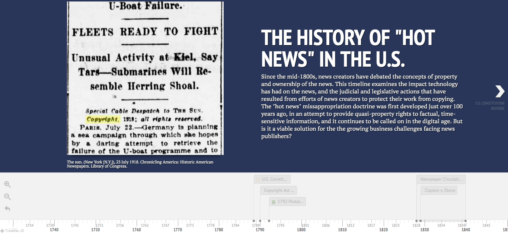
This website examines the history of attempts to copyright the news in the U.S. The Timeline shows notable technological innovations and court cases that have helped shape the current news landscape and copyright arguments. The Overview provides context, pulling together research of scholars over time to show how the history of copyrighitng the news continues to repeat itself, and asks: Is this the best solution for saving the news industry?
This paper examines the right to be forgotten (RTBF) in the context of archival practice, specifically the ways in which it may impact digital archives that collect social media content.

This study examines humorous interactions with intelligent personal assistants (IPA/IPAs). The respective IPAs include Google Assistant, Amazon Alexa, Microsoft Cortana, and Apple Siri. Many discussions of a wide-ranging review helped to define the goal to classify user utterances, IPA responses, and user ratings of IPA responses.

Comics, graphic novels, and manga are great resources for teaching to a wide variety of learning styles and provide access to more diverse voices than ever before. This LibGuide brings together teaching resources, lesson plans, and diverse recommendations to facilitate bringing comics into the classroom.
Human-Computer Interaction (HCI) deals with methodologies for building design solutions. HCI focuses on developing a deep understanding of users and their needs. It is important to design products for everyone that includes people with disabilities. The purpose of this paper is to examine major methodologies available to make design accessible for visually impaired users. The paper will explain well-established guidelines and mechanisms available for designers, such as increased visual, auditory, and sometimes haptic feedback. We will also analyze recently proposed approaches to assist visually impaired people to navigate through the computer screen.
This project explores the topic of climate change in order to better understand the many subtopics within it. My goal for these visualizations is that they offer an introductory analysis on the popular topics of climate change, to be used by fellow students, researchers, and anyone interested in learning more about the subject. The visualizations will hopefully serve as a springboard to further research.
Americans value the arts now as much as ever, citing that arts empower our communities and enrich our lives. This project examines state arts agency funding in terms of state-level impact over fifty years (1970—2017).
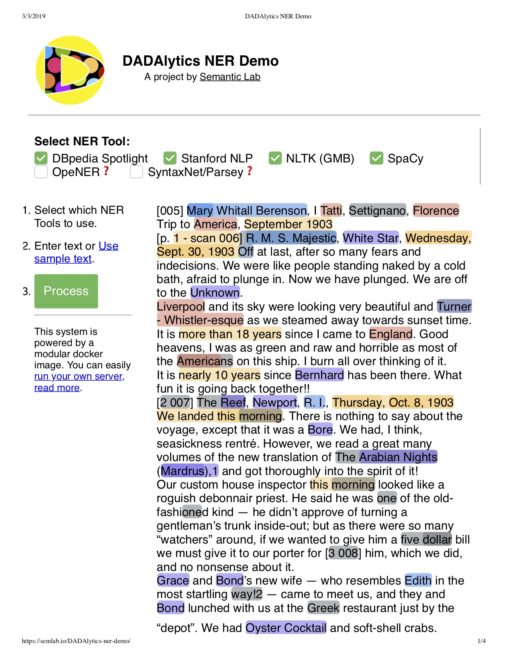
Our presentation will be about the development of DADAlytics, a semantic tool recently created by the Semantic Lab at Pratt (semlab.io) to help librarians, archivists and humanities scholars generate linked data from textual resources and descriptive records. We will discuss opportunities and challenges of adopting linked open data technologies and discuss the development of DADAlytics. The use of DADAlytics will be contextualized within a real-world scenario provided by the collection of personal diaries of Mary Berenson, part of the Bernard and Mary Berenson Papers (1880-2002) held at the Berenson Library at the Villa I Tatti in Florence (itatti.harvard.edu/berenson-library – see The Mary Berenson Project for additional context).
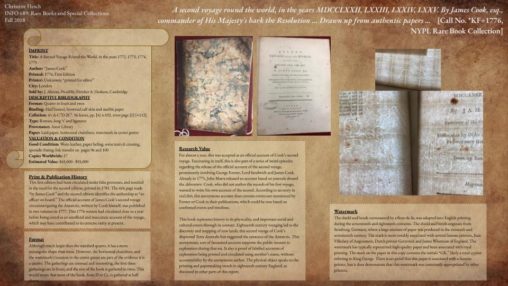
Bibliographic research of “A second voyage round the world, in the years 1772, 1773, 1774, 1775. By James Cook, esq., commander of His Majesty’s bark the Resolution… Drawn up from authentic papers …” The project demonstrates description, analysis and in-depth research required of rare book bibliographers.
This data visualization project explores the Bechdel Test, a pass-fail condition under which two female characters must hold a conversation about any subject other than a man, as applied to American films. This visualization combines data from bechdeltest.com and IMDb to explore the representation of women and reception by audiences.
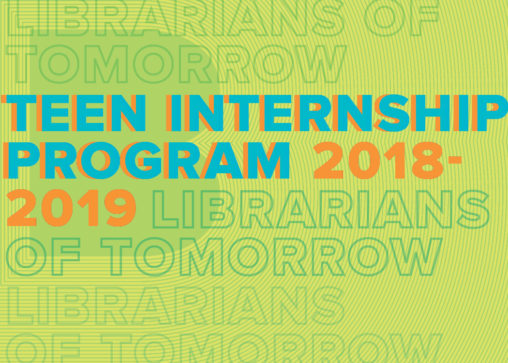
This presentation will describe the two workshops (on data literacy and zines) that were facilitated as part of Brooklyn Public Library’s Librarians of Tomorrow teen internship program. Content will include information on the program, the workshop planning and implementation process, and evaluation material we received from project participants.
Taking the O.J. Simpson trial as an example again, it is important to consider that “public issues grow up around private troubles when the experiences of individuals are understood as exemplifying a larger social problem, and the news media, in particular, are positioned to play a vital role in the construction of such problems” (Gillespie et al., 2013, p. 223). O.J. Simpson was the perfect conduit of a private issue becoming a public issue because he was already in the public eye as a famed spokesperson and in Americans’ homes as a popular football star.
The United States has a long history of forced family separations. Included in this guide are historical examples of family separation enacted through slavery, Native American boarding schools, and Japanese-American internment camps as well as enduring examples like the effects incarceration and immigration policies. These practices and policies are based on fear, inequality and structural injustice. These systems lead to destruction of identity and trauma, sometimes lasting generations.
